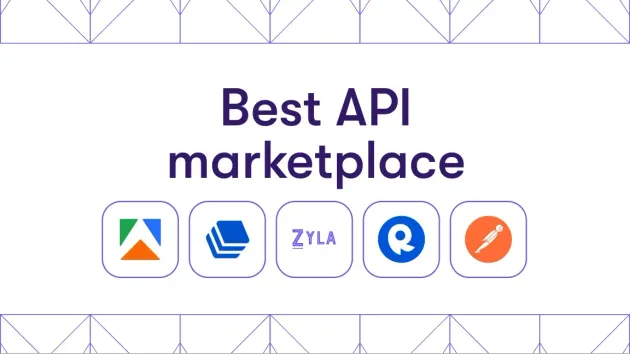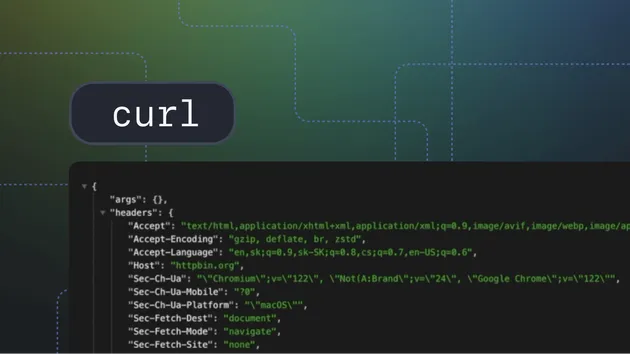HTTP API - Flexible Client for Prototyping and Automation
Pricing
$24.99/month + usage
HTTP API - Flexible Client for Prototyping and Automation
Easily test, integrate, and automate APIs—configure method, headers, query params, body, timeout, and retries, no code or setup required. Ideal for rapid prototyping, endpoint monitoring, workflows, and sales & marketing automation.
Pricing
$24.99/month + usage
Rating
0.0
(0)
Developer

xyzzy
Actor stats
7
Bookmarked
53
Total users
2
Monthly active users
a month ago
Last modified
Categories
Share




